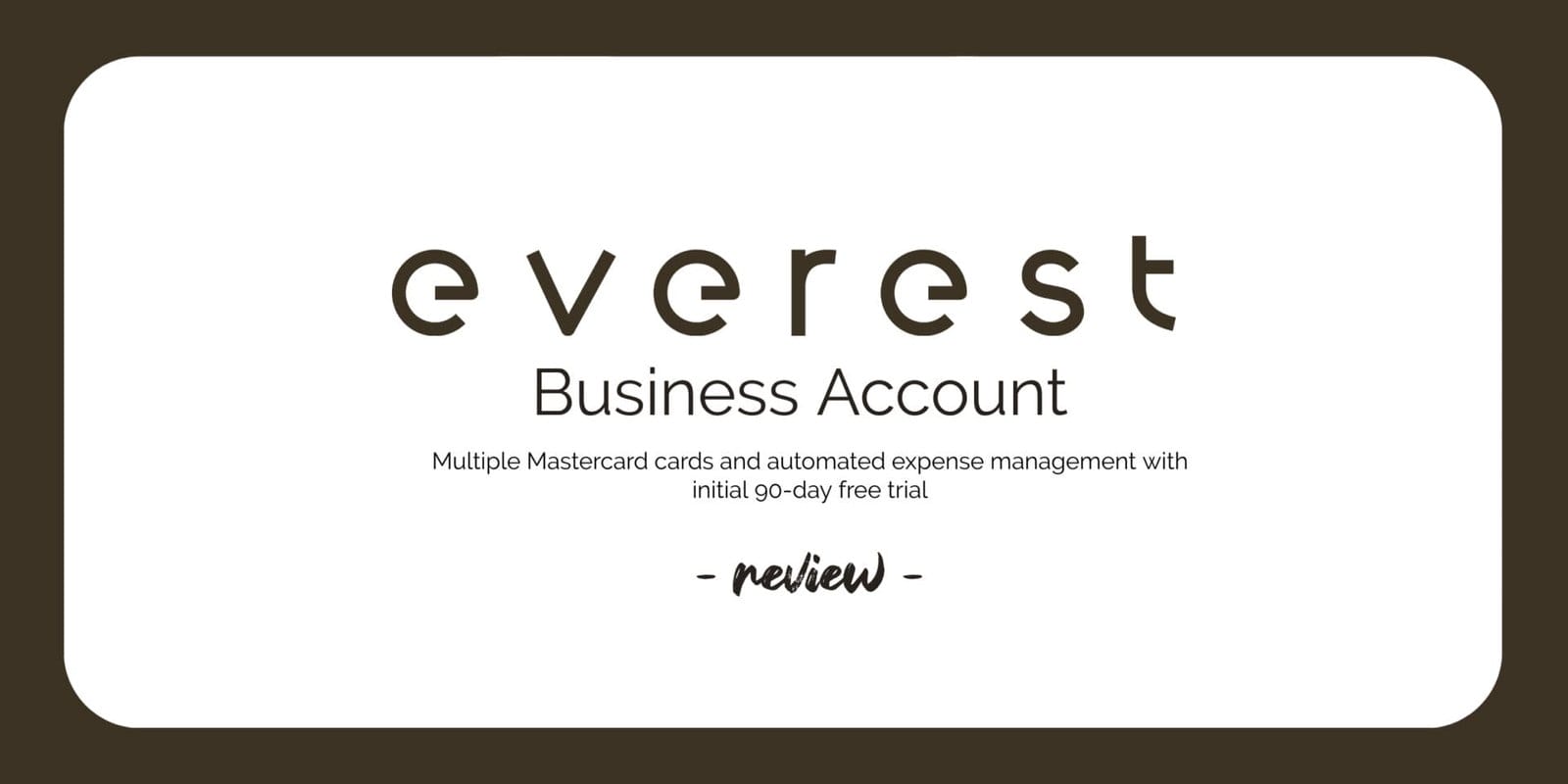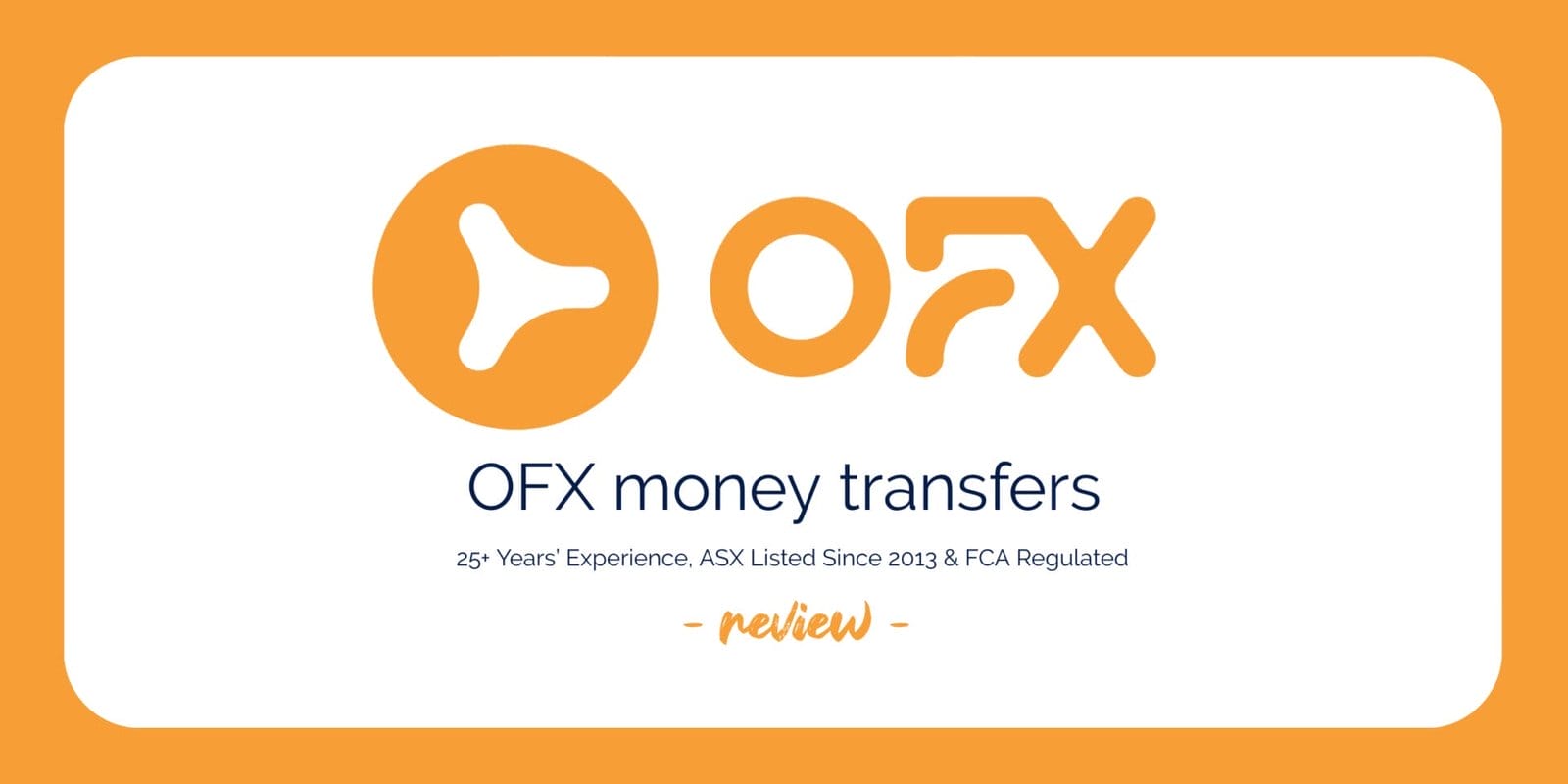Unlock Financial Success: Your Guide to Opening a Business Bank Account in the UK

by Chris M.
January 28, 2024
by Chris M.
January 28, 2024

Opening a business bank account in the UK is a crucial step towards establishing a strong financial foundation.
But where should you begin? In this detailed guide, we will navigate the complexities of opening a business bank account, providing you with the knowledge and resources you need to make informed decisions. From understanding eligibility requirements to gathering necessary documentation, we will cover it all.
Stay tuned as we discuss the unique challenges faced by those opening an account from overseas or as a non-resident, offering valuable insights and tips along the way.
Opening a business bank account in the UK will provide you with the necessary tools for effective financial management and legal compliance. Whether you have a limited company, limited liability partnership, or are a sole trader, this process will ensure the separation of personal and business finances, setting the stage for your business’s financial success. So, take action now and embrace your entrepreneurial journey by taking action now and opening your business bank account
Compare Business Bank Accounts
When comparing business bank accounts in the UK, it’s important to consider the specific needs and requirements of your organization. There are different types of business bank accounts available, each with its own advantages and disadvantages.
For sole traders, having a business bank account can offer several benefits. It allows you to keep your personal and business finances separate, making it easier to manage your cash flow and track your business expenses. Additionally, having a business bank account can help you establish a professional image and build credibility with your clients and suppliers.
However, it’s crucial to carefully evaluate the features and fees associated with different types of business bank accounts to ensure you choose the one that best suits your needs.
Checking Eligibility for a Business Account
Wondering if you’re eligible for a business account? Here are some important factors to consider:
- Legal requirements: Limited companies and limited liability partnerships are legally obligated to have a business bank account. Sole traders aren’t required by law, but it can be beneficial for financial management.
- Proof of identification and address: You’ll need to provide documents like a driver’s license or passport for identification, and a bank or credit card statement for proof of address.
- Business verification: You may be asked for evidence of your projected annual turnover, Companies House registration number, and proof of business operations.
- Residency status: If you’re opening a business bank account in the UK from overseas or as a non-resident, there may be additional requirements, such as having a UK residential address or a resident signatory on the account.
Understanding your eligibility for a business account is crucial for enjoying the benefits of keeping your business and personal finances separate. It’s also important to be aware of any charges associated with business bank accounts.
Submitting the Application
To open a business bank account in the UK, you need to successfully submit your application and provide all required documentation. This step is crucial, as any mistakes or missing information can delay or jeopardize the approval of your application.
To help you through this process, here are some common mistakes to avoid and tips to streamline your application:
- Incomplete application form: Double-check all fields before submitting.
- Missing or incorrect documentation: Gather all required documents beforehand.
- Lack of business verification: Include all necessary evidence of business operations.
- Not following bank-specific requirements: Research and understand the specific requirements of your chosen bank.
- Ignoring communication from the bank: Respond promptly to any requests for additional information.
Providing Required Documentation
To successfully open a business bank account in the UK, you’ll need to provide the necessary documents as part of the application process. Here are the important documents you need to gather:
- Proof of ID: You’ll need to provide a valid driver’s license, passport, or ID card to verify your identity.
- Proof of Address: You’ll need to provide a bank or credit card statement, or a council tax bill to confirm your UK address.
- Business Verification Documents: You’ll need to provide documents such as projected annual turnover, Companies House registration number, and evidence of business operations to verify your business.
Maintaining financial records for your business bank account is crucial for proper financial management. Being aware of the common fees associated with business bank accounts and how to avoid them can help you save money and maximize your business’s financial success.
Receiving Account Details and Debit Card
After successfully completing your application and providing the necessary documents, you’ll soon receive the account details and debit card for your UK business bank account. This step is crucial in effectively managing your personal and business finances, as it allows for better organization and separation.
With the account details, you can easily send and receive money, set up standing orders and direct debits, as well as make payments for goods and services related to your business. It’s essential to handle your business finances efficiently to ensure the success of your venture.
To assist you in managing your business finances effectively, here are some helpful tips:
- Maintain accurate records of all income and expenses.
- Create a budget and adhere to it.
- Regularly review and analyze your financial statements.
- Separate business and personal expenses.
- Establish financial goals and track your progress.
- Consider enlisting the expertise of a professional accountant or bookkeeper for valuable advice.
Understanding the Purpose of a Business Bank Account
Once you receive the account details and debit card for your UK business bank account, it’s crucial to comprehend the purpose and advantages of having a dedicated business bank account.
Here are some key points to consider:
Pros and cons of having a business bank account for sole traders:
- Pros: Improved financial management, easier tracking of business expenses, professional image for customers, simplified tax reporting.
- Cons: Additional fees, potential confusion if personal and business funds are mixed, extra administrative work.
Benefits of keeping personal and business finances separate for limited companies:
Clear separation of personal and business funds, easier tracking of business income and expenses, simplified tax reporting, increased credibility with investors and suppliers
Having a dedicated business bank account can provide numerous advantages for both sole traders and limited companies. It allows for better financial management, simplifies tax reporting, and helps maintain a professional image. However, it’s important to consider the potential fees and administrative work involved.
How Business Accounts Work
Business accounts work similarly to personal current accounts, allowing businesses to manage their financial transactions, make payments, and keep track of their income and expenses.
For sole traders, opening a business bank account offers several benefits. Firstly, it helps separate personal and business finances, making it easier to track and manage expenses. It also enhances professionalism by enabling businesses to receive payments in their business name.
However, it’s important to be aware of the common fees associated with business bank accounts, such as monthly account fees, transaction fees, and fees for additional services like overdrafts or foreign currency transactions. Understanding these fees and comparing different account options is crucial to finding the most cost-effective solution for your business.
Requirements for Opening a Business Account From Overseas or as a Non-Resident
Opening a business bank account from overseas or as a non-resident requires meeting certain requirements to comply with banking regulations and address concerns about money laundering and fraud. While there are challenges to opening a business account as a non-resident, there are solutions available. Here are some important points to consider when comparing the requirements for opening a business account as an overseas company:
- Some providers allow opening an account from overseas if the director is registered with Companies House and has a UK residential address.
- Non-residents may need a signatory on the account who’s resident in the UK and a UK business address.
- Physical presence in the UK during the application process or meeting a company representative may be necessary.
- Sole traders may need to provide proof of UK residency and tax payments through self-assessment to open a business bank account.
Meeting these requirements will facilitate the process of opening a business bank account in the UK as a non-resident or overseas company.
Frequently Asked Questions
Can I Open a Business Bank Account if I Am a Sole Trader but Not Legally Required to Have One?
Yes, you can open a business bank account as a sole trader, even if you’re not legally required to have one. Having a business bank account can provide several benefits, such as separating your personal and business finances and improving financial management. It’s important to choose the right account that suits your specific needs.
Are There Any Fees Associated With Business Bank Accounts That Are Commonly Free With Personal Accounts?
Yes, business bank accounts may have fees that are typically waived for personal accounts. It’s important to compare the fees associated with different business bank accounts and explore alternative options to find the best account for your business.
What Are Some Reasons for Switching Business Banks?
Looking to switch business banks? There are several reasons why you might consider it, such as being unsatisfied with the service or finding a better deal. It’s important to prioritize your business’s needs and explore different providers.
How Can I Compare Different Providers for Switching Business Bank Accounts?
To compare different providers for switching business bank accounts, begin by conducting research on various options available to you. Take the time to analyze the fees, features, and customer reviews of each provider. Look for companies that offer a seamless account switching process and cater to your specific needs. It is important to have a clear understanding of what each provider offers and how it aligns with your requirements. By doing thorough research and considering all relevant factors, you can make an informed decision when choosing a new business bank account provider. According to our experience and research, these steps will help you find the best fit for your business.
Where Can I Find Information on the Benefits of Having a Business Bank Account and Instant Business Bank Accounts?
According to our experience and research, you can find information about the advantages of having a business bank account and the pros and cons of instant business bank accounts by visiting NerdWallet. It is a valuable resource that provides insights into the benefits and drawbacks of these financial tools. NerdWallet offers clear and straightforward language, helping you understand why having a business bank account is important. The website avoids using clichés and overused phrases, ensuring that the information provided is current and relevant. Additionally, NerdWallet supports its claims with evidence and includes specific examples and product recommendations when necessary. The content is unique and written in a conversational style, mimicking human writing. So, if you’re looking for comprehensive information on business bank accounts, NerdWallet is a top-notch resource you can rely on.
💰 Top Financial Offers 💰
📃 MoneyZoe’s Latest Reviews 💰Start saving money with the best financial services

Free Business Bank Accounts in the UK: A Complete Guide

Everest Business Account: A Complete Review

Wise Business Account Review: Features, Fees, and How to Open

Zempler Bank Business Account Review 2024 | Formerly Cashplus

A Comprehensive Guide to Personal Pensions: Securing Your Financial Future





